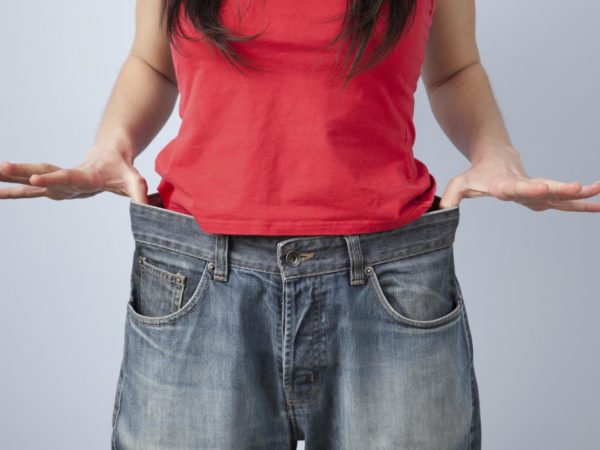Compute Your Body Fat?
I’m trying to lose weight. Do I need a body fat analyzer?
Andrew Weil, M.D. | October 5, 2006

When I last wrote about body fat analyzers in 2000, the devices for home use were new and expensive. That has changed – you now can get one for a relatively modest price (from about $40 to $100). The analyzers look like a bathroom scale and use a weak electric current to measure the amount of body fat you carry.
As you may know, a high percentage of body fat correlates with increased risks of type 2 diabetes, heart disease, and certain types of cancer. For many years, the “gold standard” for measuring body fat was hydrostatic weighing – being weighed while submerged in water. Though accurate, this method is so cumbersome and expensive that it is now used primarily in research settings.
To use a home body fat analyzer, you program in some personal data and then position your bare feet on metallic foot pads on the scale. The pads send a weak electrical signal from one foot to the other. Fat resists electricity more effectively than do water-rich tissues such as muscles and blood vessels, allowing the device to use built-in formulas to estimate fat content of your body.
In January, 2004, Consumer Reports published results of its tests of a number of body fat monitors then on the market. The magazine reported that compared with an accurate laboratory measure of body fat, the best home device was correct only 80 percent of the time. Others were even less accurate. Some gave underestimates, others overestimates.
My question, and yours, is whether you really need information about your body fat content.
If you think a body fat analyzer will help you manage your weight and motivate you to lose, by all means invest in one with the understanding that you can’t be sure of its accuracy. I think most people can get a close enough approximation of whether or not they’re too fat from a normal scale, a tape measure, a pair of inexpensive fat-measuring calipers, a look in the mirror – or just the way a favorite pair of jeans fit.
Andrew Weil, M.D.










